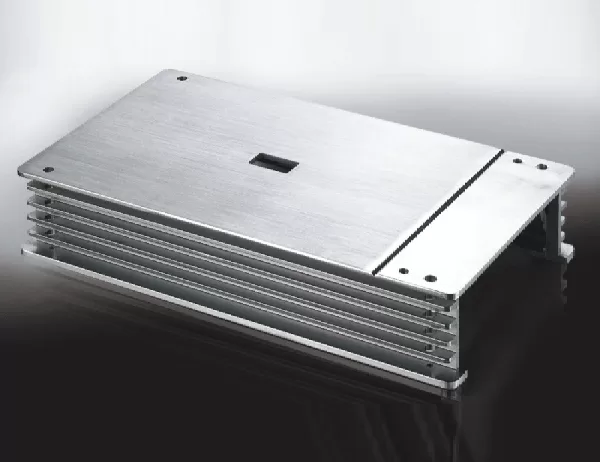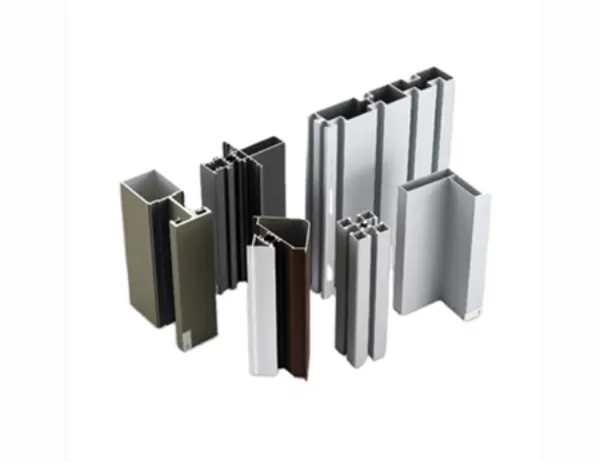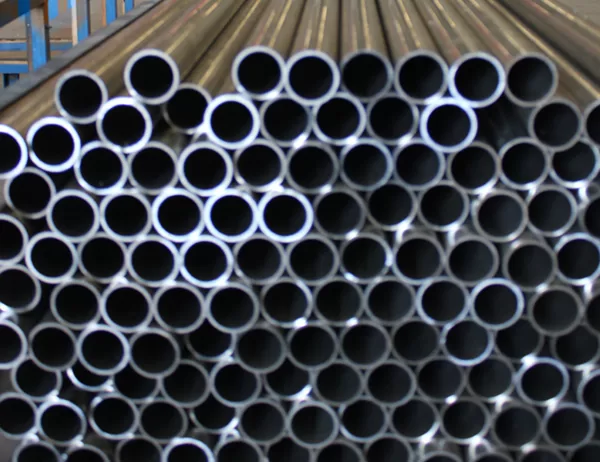Extruded aluminium tubes play a critical role in various industries, including aerospace, automotive, and construction, due to their strength, durability, and versatility. Ensuring regulatory compliance and adhering to industry standards are paramount for manufacturers to guarantee the safety, quality, and performance of these tubes. This article provides an overview of the regulatory landscape and key standards that govern the manufacturing and use of extruded aluminium tubes.
Regulatory Landscape
International Standards
– ISO 9001:2015: This international standard specifies the requirements for a quality management system that ensures the consistent delivery of products and services that meet customer and applicable regulatory requirements.
– ISO 14001:2015: This international standard provides guidance on environmental management systems that help organizations minimize their environmental impact and improve sustainability.
Industry-Specific Standards
– Aerospace and Defense: The Aerospace Industries Association (AIA) and the National Aerospace and Defense Contractors Accreditation Program (Nadcap) establish stringent quality and safety standards for extruded aluminium tubes used in aircraft and defense applications.
– Automotive: The Automotive Industry Action Group (AIAG) and the International Automotive Task Force (IATF) issue specific standards for automotive components, including those made from extruded aluminium.
Key Standards
Material Properties
– ASTM B211: This standard specifies the chemical composition, mechanical properties, and tolerances for wrought aluminium and aluminium alloys for use in extruded tubes.
– EN 755-2: This European standard provides similar specifications for extruded aluminium tubes for general engineering purposes.
Manufacturing Processes
– ASTM B221: This standard outlines the requirements for extrusion of aluminium and aluminium alloys, including process control, equipment, and quality assurance.
– ISO 15090: This international standard provides guidelines for the cold drawing of aluminium and aluminium alloys after extrusion to achieve specific dimensions and tolerances.
Testing and Inspection
– ASTM E8: This standard specifies the methods for tension testing of metallic materials, including extruded aluminium tubes, to determine their tensile strength, yield strength, and elongation.
– EN 10204: This European standard outlines the non-destructive testing methods for aluminium and aluminium alloys, including ultrasonic and radiographic inspections, to ensure integrity and detect any defects.
Compliance and Enforcement
Adhering to these regulatory and industry standards is essential for manufacturers to demonstrate product safety and quality, meet customer requirements, and avoid potential legal liabilities. Regulatory bodies and certification organizations conduct periodic audits and inspections to ensure compliance. Non-compliance can result in penalties, product recalls, and loss of reputation.
In conclusion, regulatory compliance and adherence to standards are critical for extruded aluminium tube manufacturers to ensure product safety, quality, and performance. International and industry-specific standards provide a comprehensive framework for material properties, manufacturing processes, and testing and inspection. Manufacturers who comply with these standards demonstrate their commitment to meeting customer requirements, mitigating risks, and maintaining a competitive edge.




